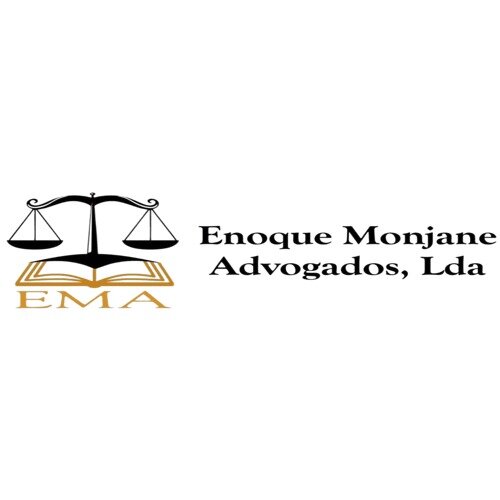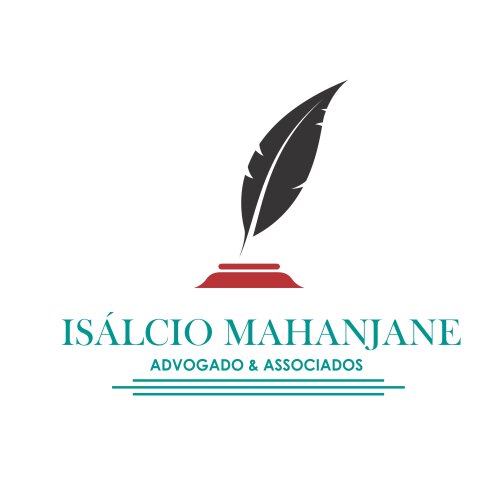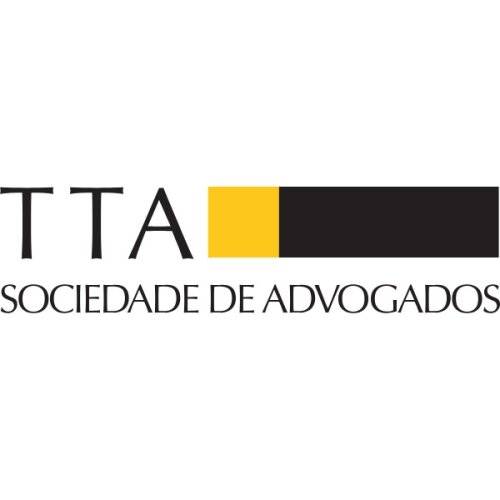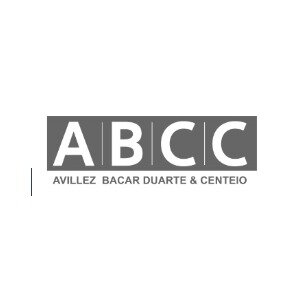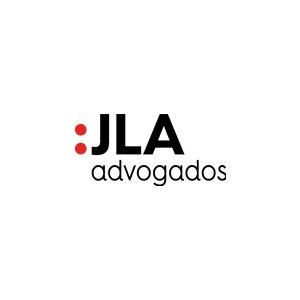Best Structured Finance Lawyers in Mozambique
Share your needs with us, get contacted by law firms.
Free. Takes 2 min.
Or refine your search by selecting a city:
List of the best lawyers in Mozambique
About Structured Finance Law in Mozambique
Structured Finance in Mozambique involves complex financial transactions that move beyond traditional lending and involve pooling of assets, securitization, syndications, and sophisticated funding arrangements. This area of law is essential for supporting significant investments in sectors such as energy, infrastructure, and natural resources, which are key drivers of Mozambique’s growing economy. As economic activities expand, the demand for tailored financial solutions continues to rise, leading to a greater need for robust legal frameworks and strategies to manage risks, regulate transactions, and ensure compliance with both local and international standards.
Why You May Need a Lawyer
Structured Finance transactions are intricate and often involve multiple parties, cross-border elements, and complex legal documentation. Common situations where you may need a lawyer in Mozambique include negotiating loan syndications, arranging asset-backed financing, facilitating commercial paper programs, advising on securitizations, or dealing with regulatory compliance. Legal counsel is also critical for due diligence, drafting and reviewing contracts, ensuring tax efficiency, and managing any disputes that may arise. Professionals with expertise in this sector can help identify risks, protect your interests, and navigate Mozambique’s evolving financial laws.
Local Laws Overview
Mozambique’s legal system is influenced by civil law traditions and specific statutes that regulate banking, securities, capital markets, and foreign investment. The Bank of Mozambique acts as the main regulatory authority overseeing financial market activities, while the Commercial Code and other sector-specific laws provide the legal backbone for transactions. Provisions for structured deals may involve rules on asset transfers, security interests, insolvency protection, and regulatory approvals. In recent years, legislative reforms have aimed to attract greater foreign investment and improve the legal environment for structured financial products, such as project bonds and structured loans. Compliance with anti-money laundering and foreign exchange controls is also a key aspect for successful structuring in Mozambique.
Frequently Asked Questions
What is Structured Finance?
Structured Finance refers to a set of complex financial instruments and financing techniques that are designed to transfer risk and provide funding outside traditional lending activities, often using securitization, asset pooling, and other mechanisms.
Who regulates Structured Finance transactions in Mozambique?
The Bank of Mozambique, along with other financial regulatory authorities, oversees compliance, licensing, and the approval of financial instruments and market practices.
Are there restrictions on foreign investment in structured financial products?
Mozambique welcomes foreign investment, but certain sectors may require prior government approval and compliance with foreign exchange regulations.
Can local companies participate in international syndicated loans?
Yes, local companies can access international financing, but must adhere to the local regulatory framework, report foreign loans, and observe capital controls.
Is securitization allowed under Mozambican law?
While Mozambique does not have highly developed securitization laws like some larger markets, there are provisions that allow for asset-backed transactions and structured credit arrangements within existing legal frameworks.
What is the typical role of banks in Structured Finance in Mozambique?
Banks act as arrangers, lenders, trustees, and custodians in many structured transactions and play a central role in evaluating credit risk and managing transaction structures.
What are the key risks in Structured Finance transactions?
Risks may include credit risk, market risk, legal and documentation risk, insolvency risk, and regulatory changes. A lawyer can help assess and mitigate these risks.
Are there tax implications for structured transactions?
Yes, structured finance deals often have complex tax implications, such as withholding taxes on interest payments and value added tax. Local advice is essential for tax planning and compliance.
How are disputes arising from structured finance deals resolved?
Disputes are usually resolved through negotiation, mediation, Mozambican courts, or arbitration, depending on what the contracts stipulate.
What documents are needed for a structured finance transaction?
Common documents include loan agreements, security documents, offering memoranda, regulatory filings, and legal opinions. Local legal requirements may influence the specific documentation needed.
Additional Resources
Individuals and businesses seeking guidance on Structured Finance in Mozambique can approach the following:
- The Bank of Mozambique (Banco de Moçambique) - the main financial regulator
- Mozambique Securities Market (Bolsa de Valores de Moçambique) for capital market activities
- The Ministry of Economy and Finance for policy and approvals, especially regarding foreign investment
- Reputable Mozambican law firms specializing in banking and finance law
- Business associations and chambers of commerce for networking and referrals
Next Steps
If you require legal assistance in the field of Structured Finance in Mozambique, begin by clearly identifying your specific needs, such as transaction structuring, compliance, or dispute resolution. Gather all relevant documentation and business information. Reach out to a law firm or legal advisor with expertise in Mozambican finance law and experience in cross-border structured transactions. Arrange an initial consultation to assess your situation, discuss potential strategies, and understand the legal costs involved. Stay informed on local regulations and maintain open communication with your legal counsel throughout the process to ensure your interests are protected and your transactions comply with Mozambican law.
Lawzana helps you find the best lawyers and law firms in Mozambique through a curated and pre-screened list of qualified legal professionals. Our platform offers rankings and detailed profiles of attorneys and law firms, allowing you to compare based on practice areas, including Structured Finance, experience, and client feedback.
Each profile includes a description of the firm's areas of practice, client reviews, team members and partners, year of establishment, spoken languages, office locations, contact information, social media presence, and any published articles or resources. Most firms on our platform speak English and are experienced in both local and international legal matters.
Get a quote from top-rated law firms in Mozambique — quickly, securely, and without unnecessary hassle.
Disclaimer:
The information provided on this page is for general informational purposes only and does not constitute legal advice. While we strive to ensure the accuracy and relevance of the content, legal information may change over time, and interpretations of the law can vary. You should always consult with a qualified legal professional for advice specific to your situation.
We disclaim all liability for actions taken or not taken based on the content of this page. If you believe any information is incorrect or outdated, please contact us, and we will review and update it where appropriate.
Browse structured finance law firms by city in Mozambique
Refine your search by selecting a city.





